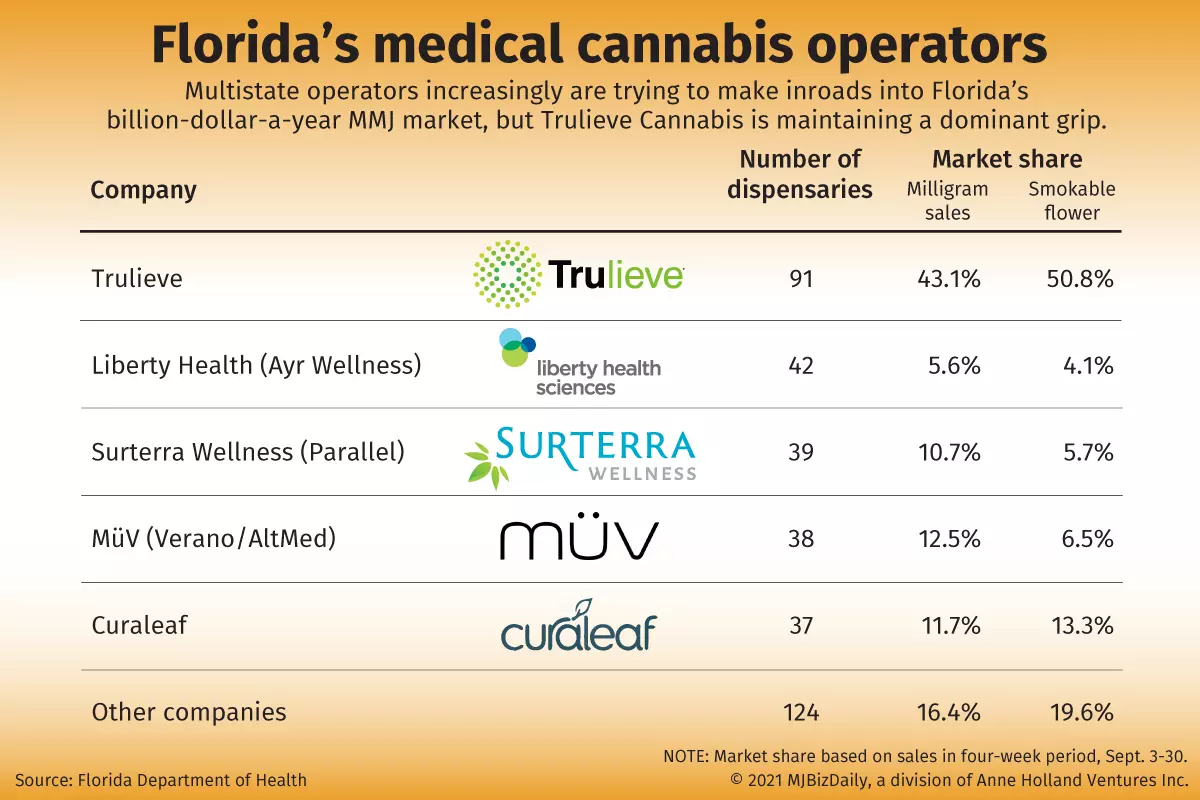U.S. Sens. Cory Booker and Elizabeth Warren last week sent a letter to U.S. Attorney General Merrick Garland urging that the Department of Justice remove marijuana from the federal Controlled Substances list.
The Democratic senators, from New Jersey and Massachusetts, respectively, wrote that descheduling marijuana is long overdue and “would allow states to regulate cannabis as they see fit, begin to remedy the harm caused by decades of racial disparities in enforcement of cannabis laws, and facilitate valuable medical research.”
The letter cites President Joe Biden’s 2020 campaign trail words that “nobody should be in jail for smoking marijuana,” although Biden’s moderate stance on reform also has frustrated legalization advocates.
Increased pressure on the executive branch – Booker and Warren asked Garland to respond by Oct. 20 whether his office would order a review of marijuana’s classification – comes at a time that Congress is giving some consideration to the issue.
The U.S. House Judiciary Committee recently again advanced a social justice-focused legalization measure called the MORE Act, while Sen. Majority Leader Chuck Schumer, Booker and Sen. Ron Wyden of Oregon are proposing a sweeping reform bill in the Senate called the Cannabis Administration and Opportunity Act.
But the Senate still is seen as a major hurdle to legalization, at least in the short term.
The letter by Booker and Warren notes that the federal Controlled Substances Act empowers the U.S. attorney general to initiate proceedings to deschedule or reschedule a drug.
In fact, as the letter pointed out, the executive branch considered petitions to reschedule cannabis in 2016, but the U.S. Drug Enforcement Administration rebuffed the efforts, partly because the United States had signed an international treaty regulating cannabis.
However, Booker and Warren wrote, the landscape has changed since, as evidenced by the landmark United Nations vote last December to reschedule cannabis.
Still, as noted in a 2015 blog by two experts at the Brookings Institution, a Washington DC thinktank, the administrative process just to reschedule marijuana would be time-consuming, involving a lot of steps.
The process also reflects a paradoxical situation that mostly still holds true today, as one listens to legalization debates in Congress and across the country.
“The catch-22 in the rescheduling debate is that keeping marijuana as a Schedule 1 drug severely restricts the capacity for scientists to study its potential medical benefits, while the lack of scientific research on medical use is simultaneously offered as evidence for keeping marijuana in Schedule 1,” Brookings senior fellow John Hudak wrote at the time.
– Jeff Smith




